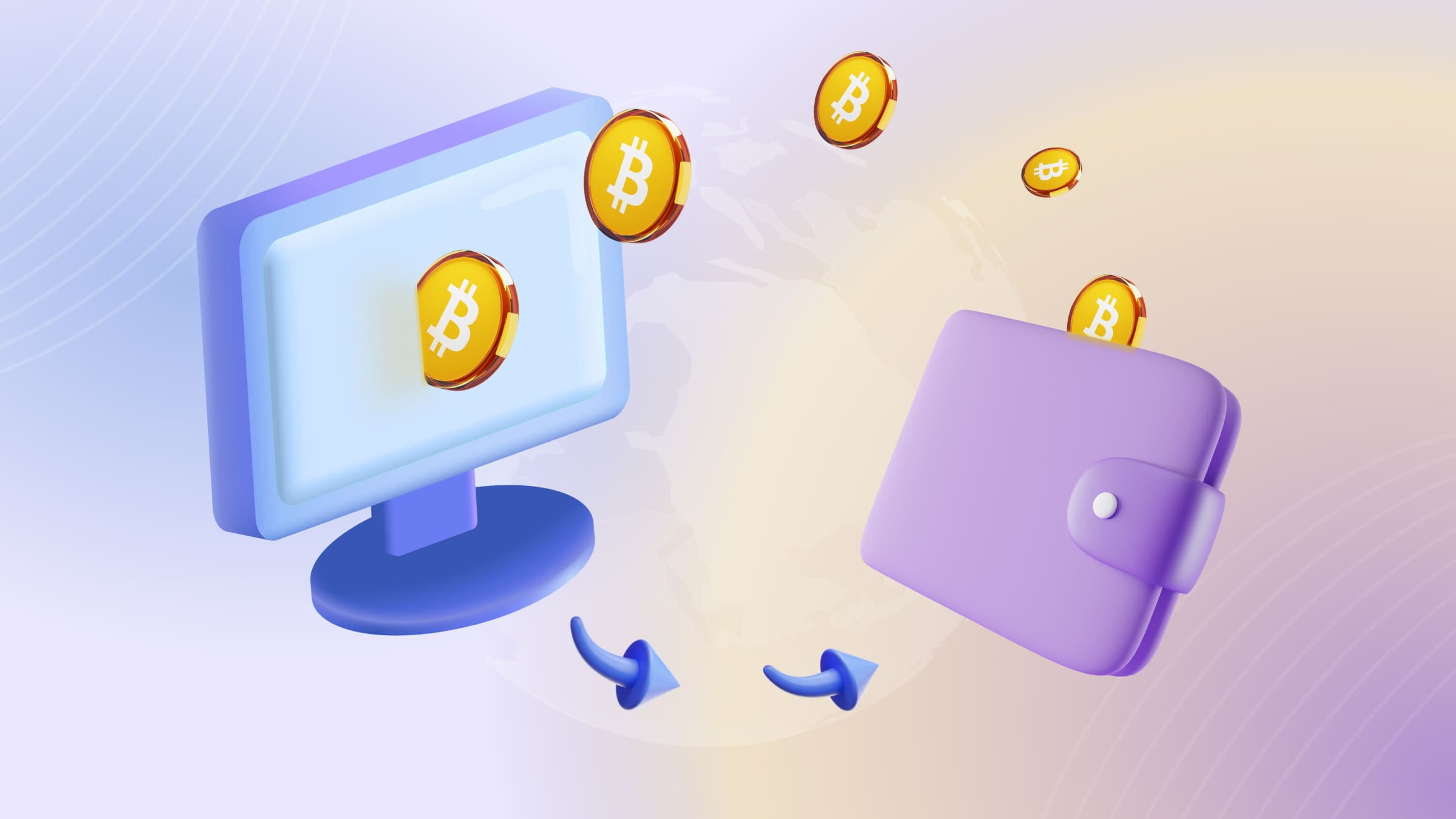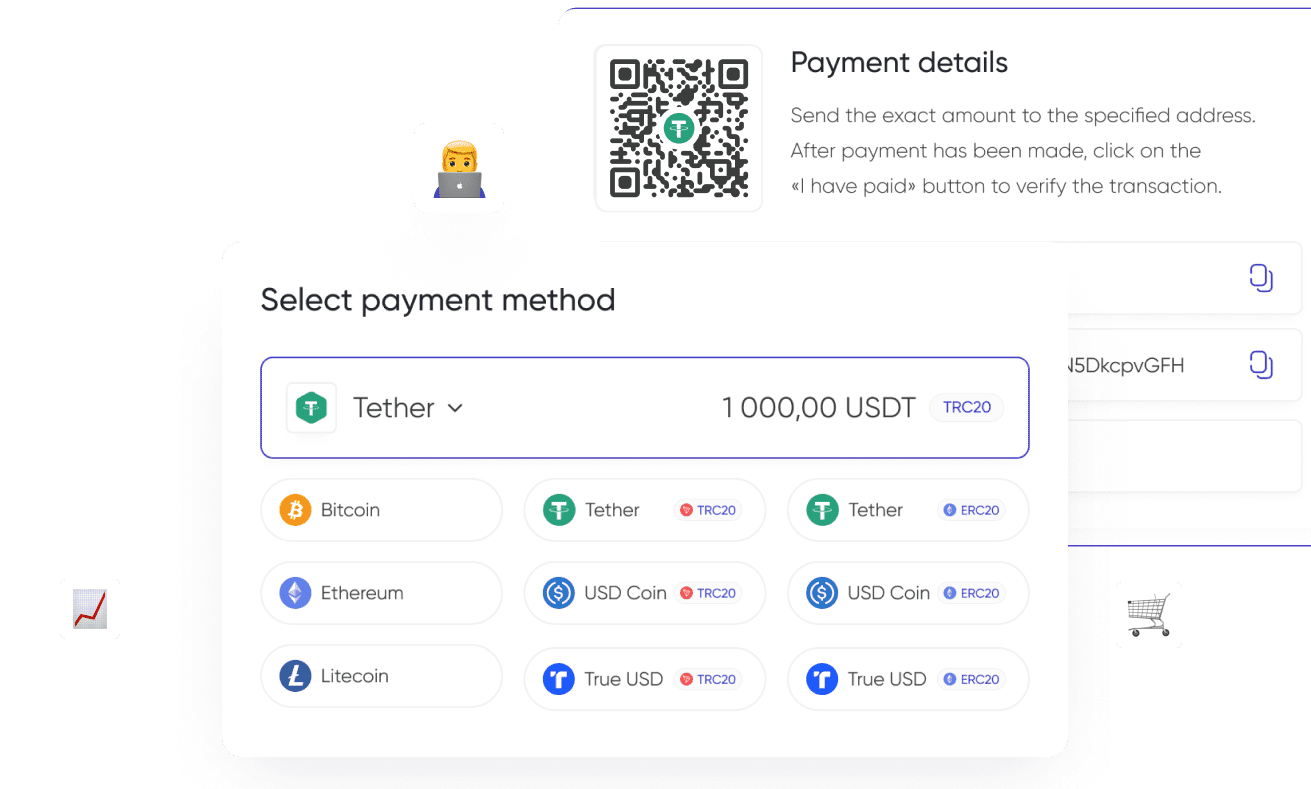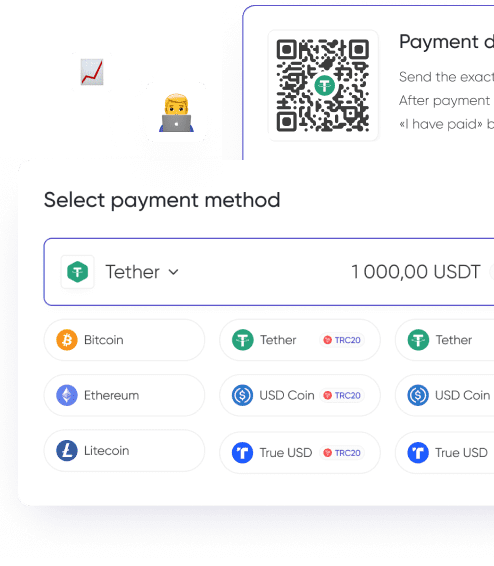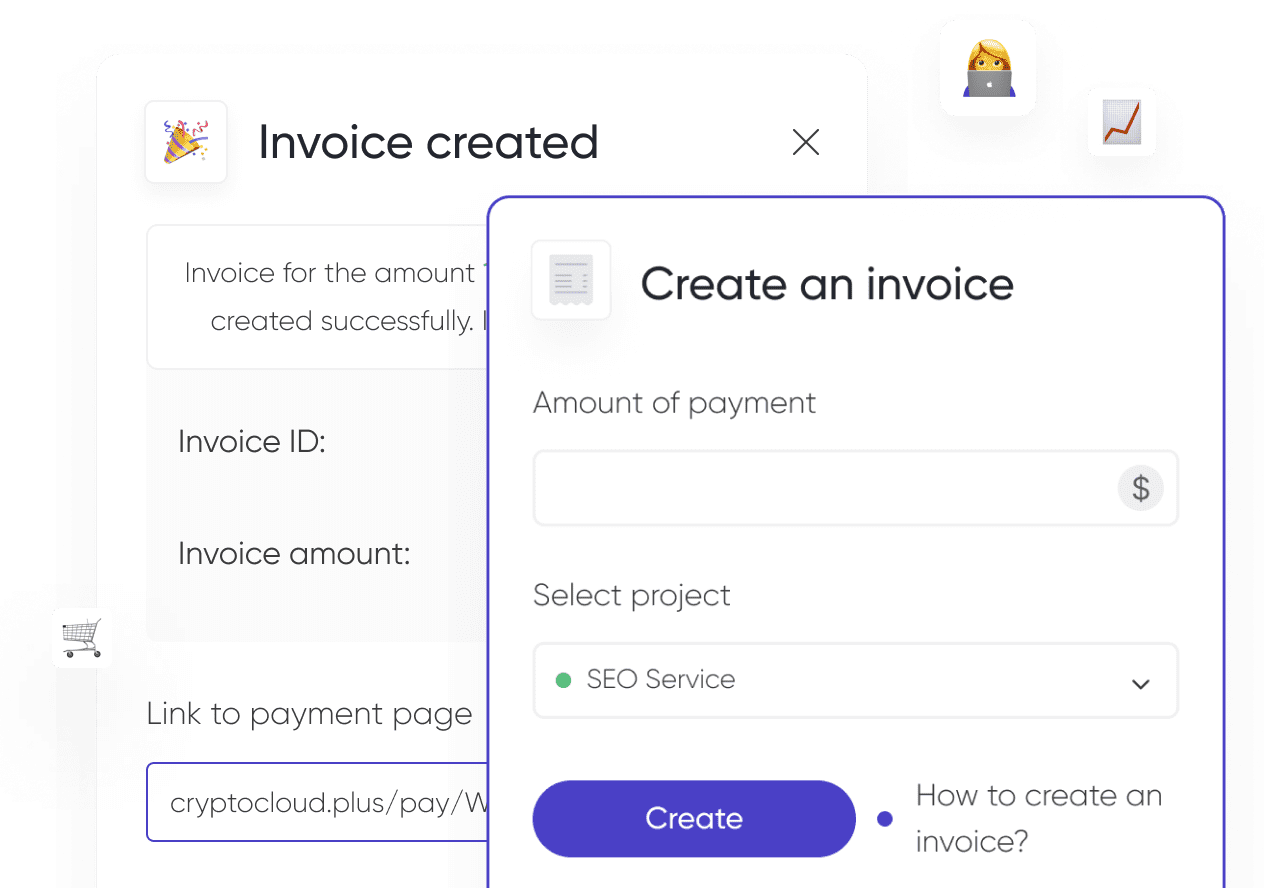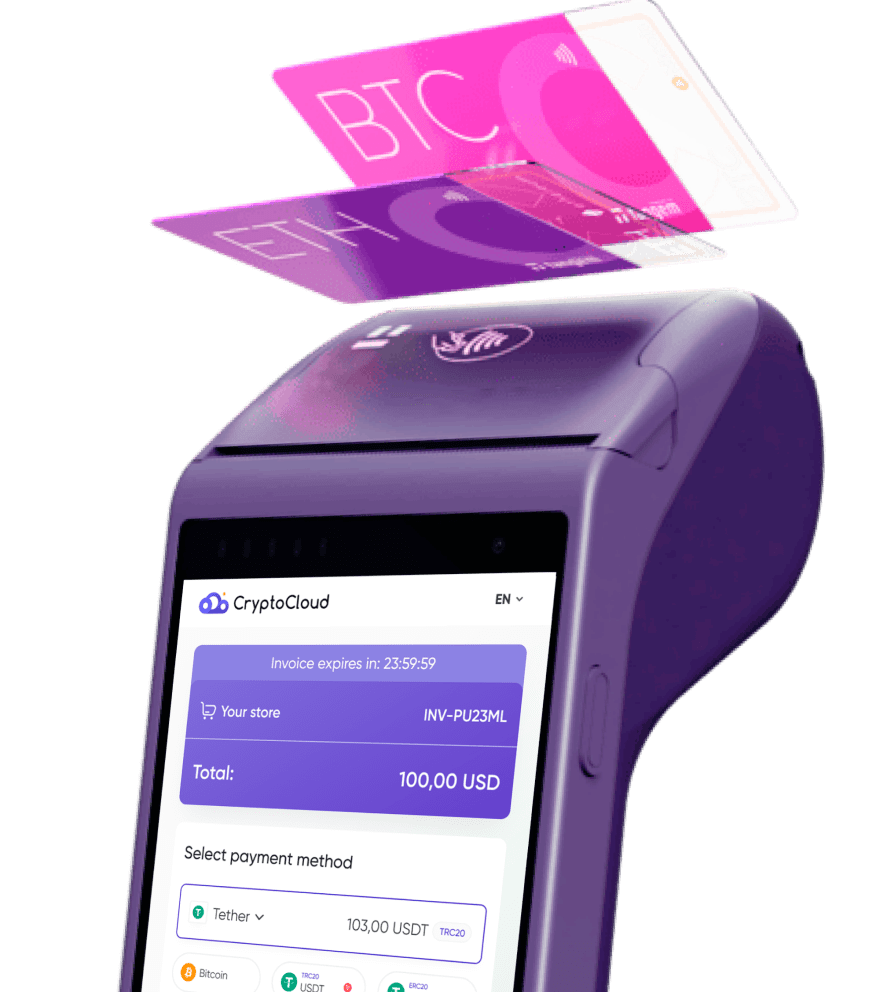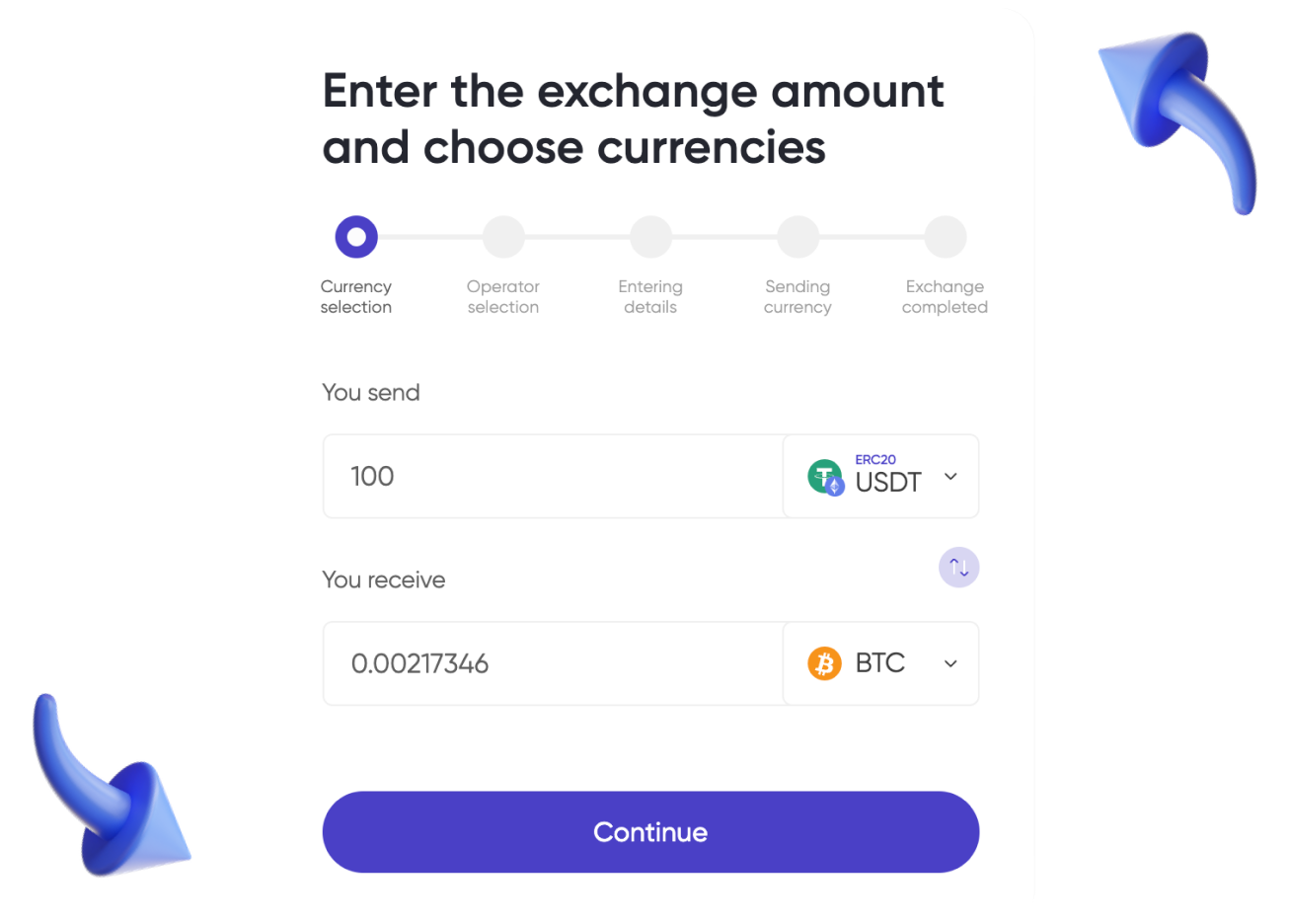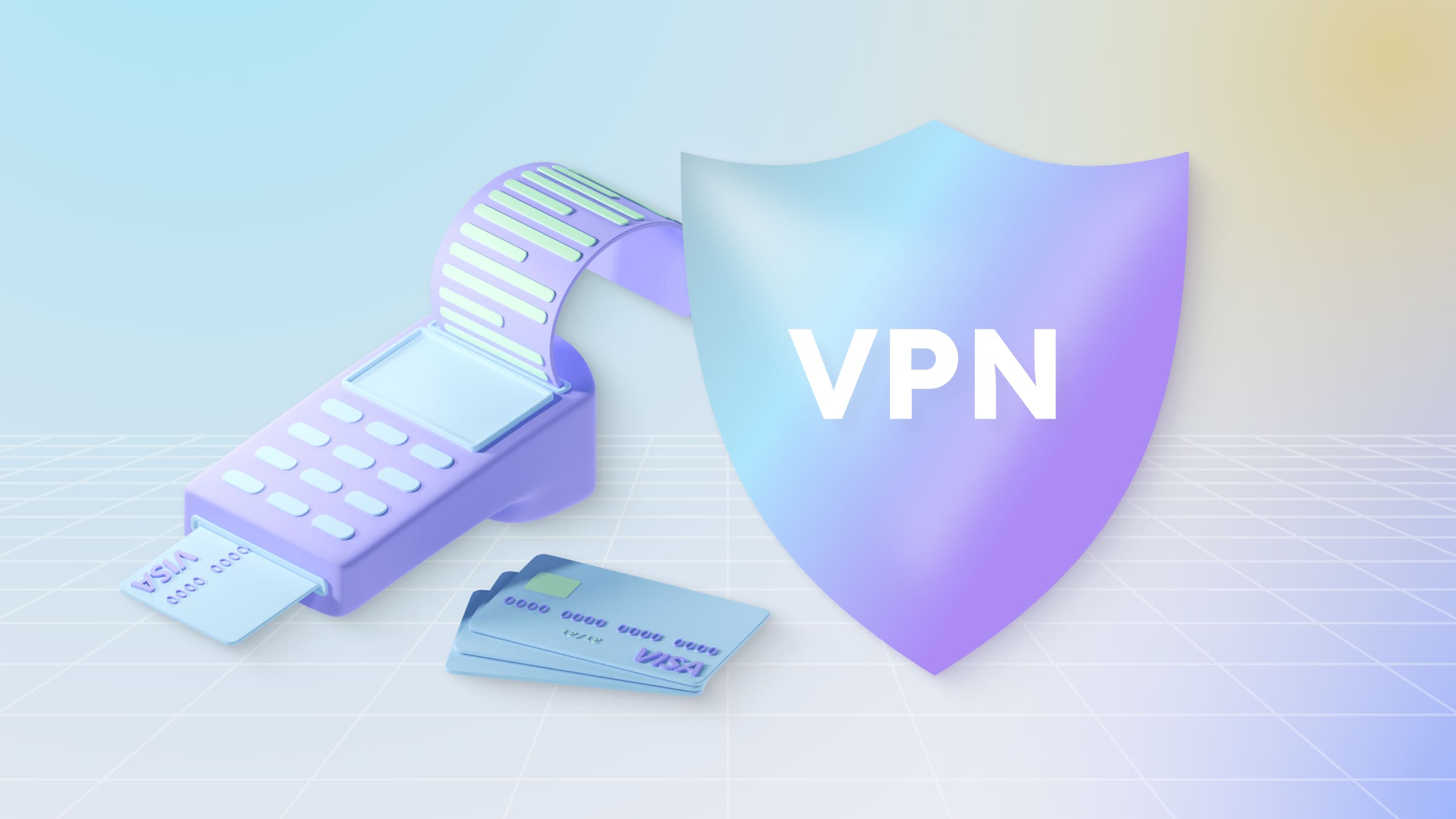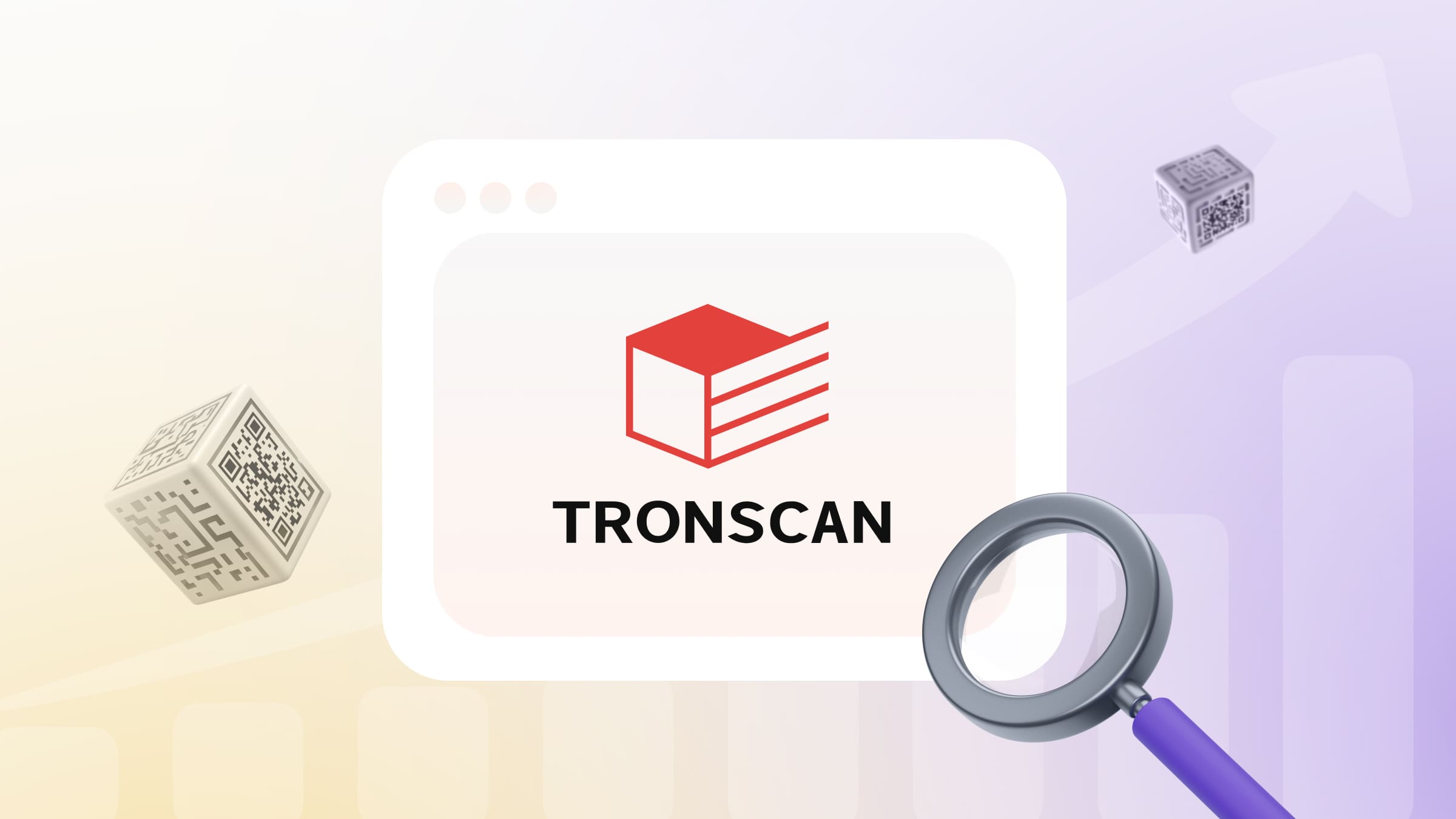The security of digital savings depends on the reliability of cryptocurrency wallets used. For this purpose, it is possible to use wallets that differ in the level of functions and operating principle.
You can manage your crypto assets using an internet connection, a mobile device or a computer. About what wallets are better, which of them should be favored and why — in the article.
What Is a Cryptocurrency Wallet
A cryptocurrency wallet is not a virtual analog of a paper wallet: it is not a place to store cryptocurrency, because in fact it is in the blockchain. However, a cryptocurrency wallet is an interface through which the user, using private keys, accesses their cryptocurrency, initiates and controls transactions.
The main types of cryptocurrency wallets in use today are:
- mobile — it is possible to download a cryptocurrency wallet as an application for a smartphone or tablet, oriented to work with mobile devices, including receiving and transmitting signals via mobile internet, touchscreen operation;
- online — exists as a standalone Internet interface, which can be accessed from any compatible device connected to the global network, without installing separate programs and applications;
- desktop (desktop) — an application that can be installed on a computer (PC or laptop) with the appropriate operating system; it runs as a separate program.
When deciding which cryptocurrency wallet to choose, you should proceed from the conditions of working with your savings and initiating transactions.
Working Principle of a Desktop Cryptocurrency Wallet
Working with a desktop wallet, the user can get access to assets by means of public and private keys. These are required to make transactions from a computer, send and receive digital currency.
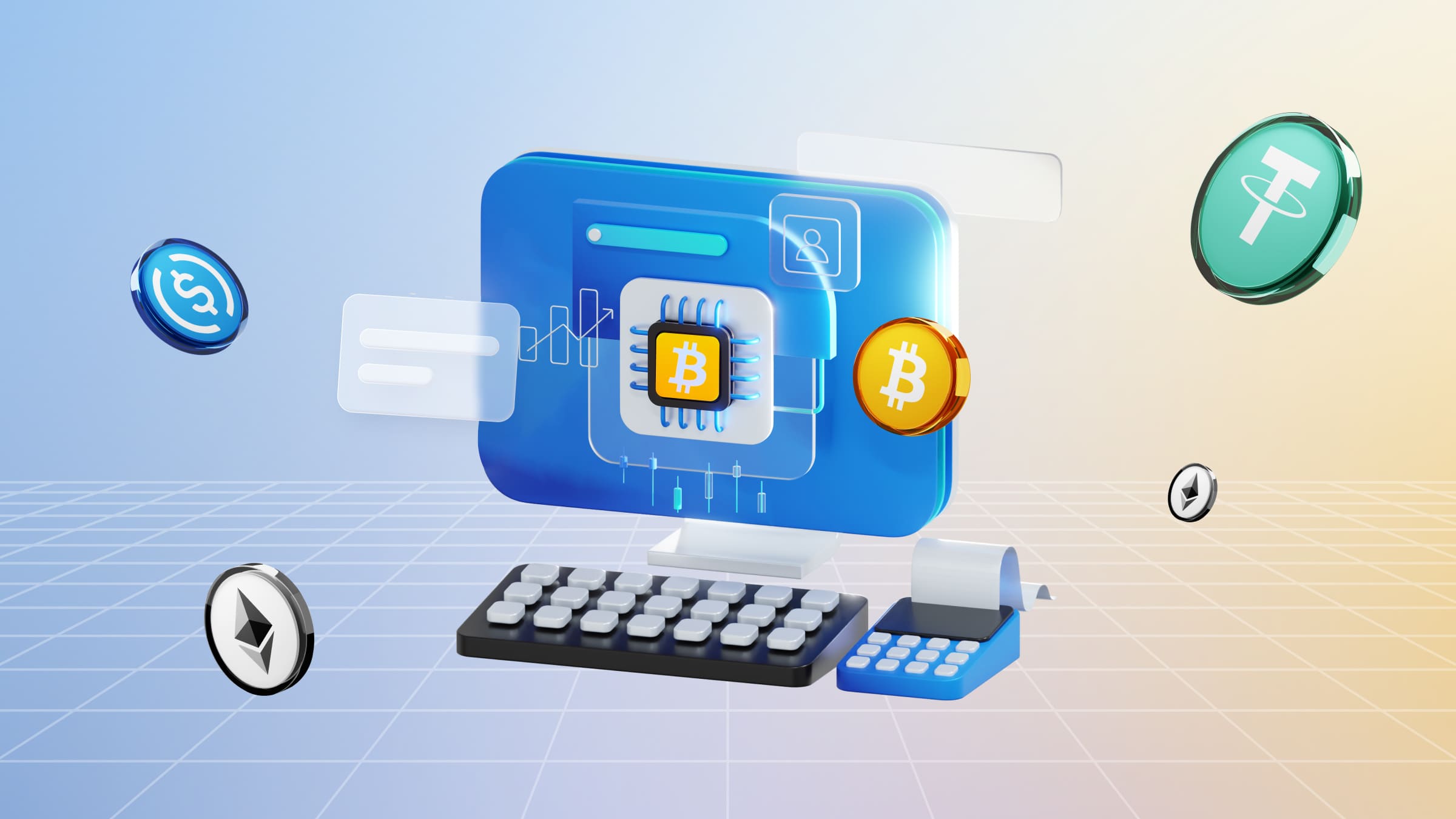
Access to the application can be provided by a simple combination of login and password — or two-factor identification. Recovery is usually possible with a special seed phrase that is accessed by the user.
Advantages:
- free to download;
- easy to use;
- it is convenient to conduct transactions from a computer;
- non-custodial cryptocurrency wallets provide control over assets.
There are disadvantages:
- potential vulnerability to hackers and viruses;
- lack of mobility.
Usually, such a cryptocurrency wallet is "lightweight", that is, it relies on digital signatures and allows you to interact with several coins at once. There are also "full node" wallets, which allow you to download the entire blockchain onto your computer and store large sums.
This provides independent verification of transactions. More secure cryptocurrency wallets offer this capability. However, such applications often require hundreds of gigabytes of free space on the hard disk.
Compilation Of the Best Desktop Wallets
The top cryptocurrency wallets include.
Exodus
A closed-source service that has been around since 2016. Gives users the ability to store and exchange cryptocurrency. In total, you can store cryptocurrency over 115 supported coins. Registration in Exodus is not necessary, the interface itself is understandable even for beginners, and the design can be chosen to your taste. Calculation and setting the commission are automated. Interaction with Trezor hardware storage is possible.

Electrum
An open-source cryptocurrency wallet focused on working with only one digital currency — bitcoin (BTC). Electrum is not simple, so it is mainly professionals who work with it. Registration is not required, multi-signatures are supported. The commission is regulated when working, allowing you to pay the required amount. Cold hardware wallets compatible with the interface are KeepKey, Trezor, Ledger.
Copay
Released in 2015 by the first bitcoin provider. Today, Copay works with Bitcoin and Bitcoin Cash. Refers to open-source and "full-node" wallets, stores the entire history of transactions made, but does not require special skills. Supports multiple accounts and multi-signatures. With Bitcoin payment protocol, verifies the cryptocurrency wallet address when sending cryptocurrency, saving the user from financial losses.
Coinomi
Supports one and a half thousand digital currencies. Provides exchange functions, which can be done almost instantly; it also has its own DApp browser. Coinomi's non-custodial tool supports over 120 blockchains and thousands of different coins. It is a secure cryptocurrency wallet: no hacks or thefts have been reported for years. The interface is translated into more than two dozen languages, and more than one and a half thousand fiat currencies are supported.
Guarda
Supports six dozen blockchains and over 400 thousand cryptocurrencies. The user gets access to staking, cryptocurrency loans, referral program, token generation and other useful features. Guarda allows you to work with hardware wallets, in particular with Ledger. You can exchange crypto directly in the wallet, without having to turn to third-party exchanges for this purpose. The exchange, along with storing, receiving and sending, is conducted securely.
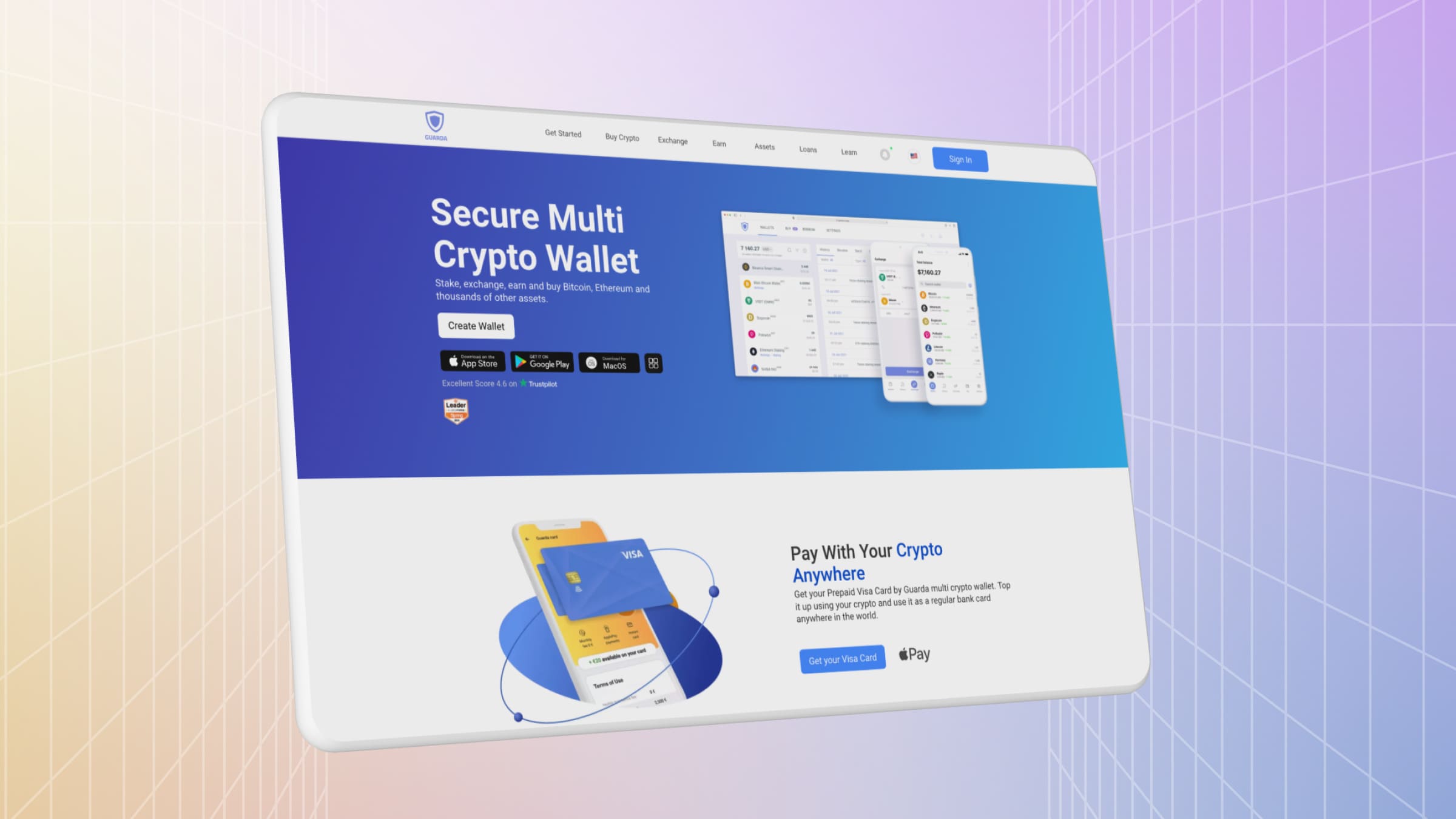
Connecting a Crypto Wallet — the Most Important Step
Focusing on the general recommendations of experts, you can connect a wallet for storing digital coins on your own. You can also study the rating of crypto wallets to make the right choice.
To be sure not to lose years of earned Bitcoin or Ethereum, it is wise to seek help from professionals. Connecting a cryptocurrency wallet is no longer a fad for geeks, but a way for business people to access the market without hindering transactions.

